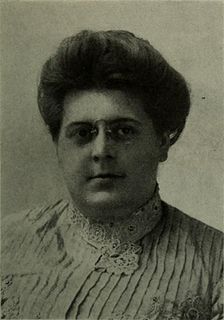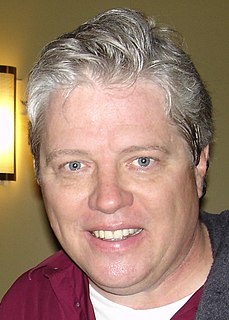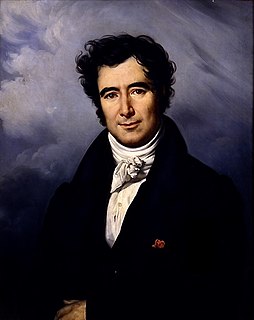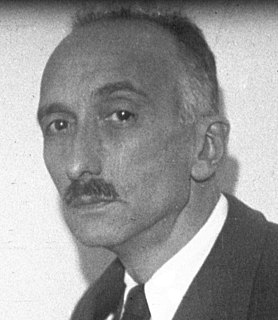A Quote by Myrtle Reed
The spirit in which one earns his daily bread means as much to his soul as the bread itself may mean to his body.
Related Quotes
And according as we say, "Our Father," because He is The Father of those who understand and believe; so also we call it "our Bread," because Christ is The Bread of those who are in union with His Body. And we ask that this Bread should be given to us daily, that we who are in Christ, and daily receive The Eucharist for the Food of Salvation, may not by the interposition of some heinous sin...be separated from Christ's Body.
He who asks to receive his daily bread does not automatically receive it in its fullness as it is in itself: he receives it according to his own capacity as recipient. The Bread of Life (cf. Jn. 6:35) gives Himself in His love to all who ask, but not in the same way to all; for He gives Himself more fully to those who have performed great acts of righteousness, and in smaller measure to those who have not achieved so much. He gives Himself to each person according to that person's spiritual ability to receive Him.
It is God's earth out of which man is taken. From it he has his body. His body belongs to his essential being. Man's body is not his prison, his shell his exterior, but man himself. Man does not "have" a body; he does not "have" a soul; rather he "is" body and soul. Man in the beginning is really his body. He is one. He is his body, as Christ is completely his body, as the Church is the body of Christ
I was often humiliated to see men disputing for a piece of bread, just as animals might have done. My feelings on this subject have very much altered since I have been personally exposed to the tortures of hunger. I have discovered, in fact, that a man, whatever may have been his origin, his education, and his habits, is governed, under certain circumstances, much more by his stomach than by his intelligence and his heart.
Jesus is hungry but feeds others; He grows weary but offers others rest; He is the King Messiah but pays tribute; He is called the devil but casts out demons; He dies the death of a sinner but comes to save His people from their sins; He is sold for thirty pieces of silver but gives His life a ransom for many; He will not turn stones to bread for Himself but gives His own body as bread for people.
To be a holy person means that the elements of our natural life experience the very presence of God as they are providentially broken in His service. We have to be placed into God and brought into agreement with Him before we can be broken bread in His hands. Stay right with God and let Him do as He likes, and you will find that He is producing the kind of bread and wine that will benefit His other children.
The man who partakes in the breaking of the bread dares to build his house on the very core of love. He becomes, as it were, Godlike, but regardless of the strength he derives from it, his free will remains. We are always free to disown this immense grace, to abuse it. The Greatest Love may be betrayed. Fed on the Living Bread, we nevertheless conceal a part of ourselves which longs for swine's food.
I had rather munch a crust of brown bread and an onion in a corner, without any more ado or ceremony, than feed upon turkey at another man?s table, where one is fain to sit mincing and chewing his meat an hour together, drink little, be always wiping his fingers and his chops, and never dare to cough nor sneeze, though he has never so much a mind to it, nor do a many things which a body may do freely by one?s self.
Strange is the vigour in a brave man's soul. The strength of his spirit and his irresistible power, the greatness of his heart and the height of his condition, his mighty confidence and contempt of danger, his true security and repose in himself, his liberty to dare and do what he pleaseth, his alacrity in the midst of fears, his invincible temper, are advantages which make him master of fortune.


































